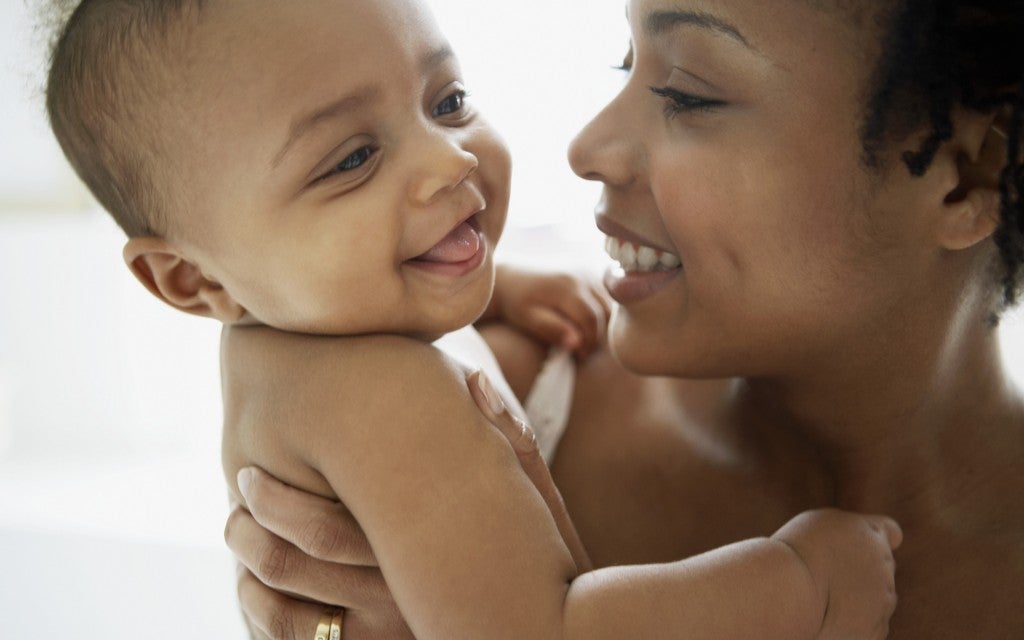First the bad news.
When it comes to opening the doors to opportunity, a number of cultural trends are not heading in the right direction. The marriage rate is declining. Teen drug use has increased. In fact, a majority of the cultural indicators reported in The Heritage Foundation’s “2014 Index of Culture and Opportunity” are on the wrong track.
But there is good news, and—with some effort and creativity—it has the potential to spread.
The abortion rate is one cultural indicator heading in the right direction. A look beyond the data reveals lessons from the pro-life movement that can work in other areas as well: sustained focus across a variety of platforms, in the policy arena and on a personal level.
Decades of pro-life effort in culture and law track with a declining abortion rate. The downward trend in the abortion rate — the number of abortions per 1,000 women of childbearing age (15-44) — began in 1980. From 2001 to 2011, the period measured by the 2014 “Index,” the abortion rate declined from 20.9 to 16.9 abortions per 1,000 women of childbearing age. In 2011, the most recent year for which data are available, the rate was the lowest it has been since 1973—the year of the infamous Roe v. Wade Supreme Court decision.
At more than one million abortions per year, there is much, much more to be done. But the good news is that America is headed in the right direction. That’s particularly true in view of the promising advance of a pro-life outlook among Americans. As Chuck Donovan of the Charlotte Lozier Institute reports, six out of 10 of the most recent Gallup polls to ask the question (between May 2009 and May 2014) have found that a majority of those surveyed identify as pro-life.
The life movement has made significant policy progress, from the 2003 federal partial-birth abortion ban to the more recent advances in state pro-life laws. These policy advancements have increased significantly since 2011, with more than 200 pieces of pro-life legislation enacted in over half of the states with the assistance of pro-life organizations.
Americans United for Life has developed and promoted model state legislation throughout the country, and defended such laws when abortion advocates fight health and safety policies designed to protect mother and child from abortion industry abuses. In a 2011 journal article, Professor Michael New showed the correlation between state pro-life laws and declines in the abortion rate in those states.
A second dynamic of the pro-life movement is the proliferation of compassionate, creative efforts to support both women and their unborn children. From maternity homes to counseling through placement of children in adoptive families, more mothers have been empowered with a bolder vision of their true range of options.
Save the Storks, for example, helps pregnancy resource centers reach out to abortion-minded women with mobile medical clinics providing on-site ultrasound and free pregnancy testing.
The compassion that animates the pro-life movement to help women choose life also compels them to serve those who do not. Post-abortive women seeking support can find help through efforts like Project Rachel and Abortion Changes You.
Focus and leadership in advancing a mother-child strategy through policy and programs have made a difference for the lives of unborn children and their mothers. They can do so on other issues as well—from unwed childbearing to volunteering. It is possible to get our culture back on track through hard work, creativity and concentrated effort to change policy and to serve our neighbors personally. The good news on life should encourage leaders in the policy world and in communities across the country not to grow weary in doing good.
Originally appeared on TheBlaze.com.






























